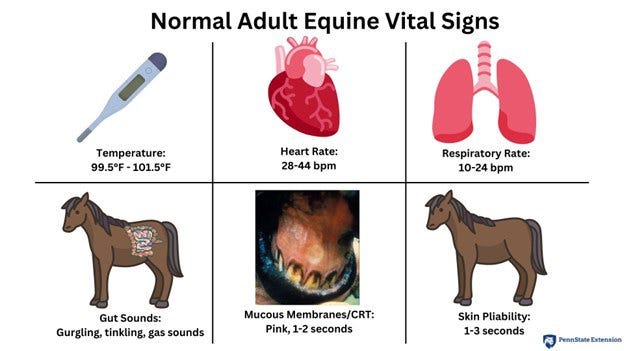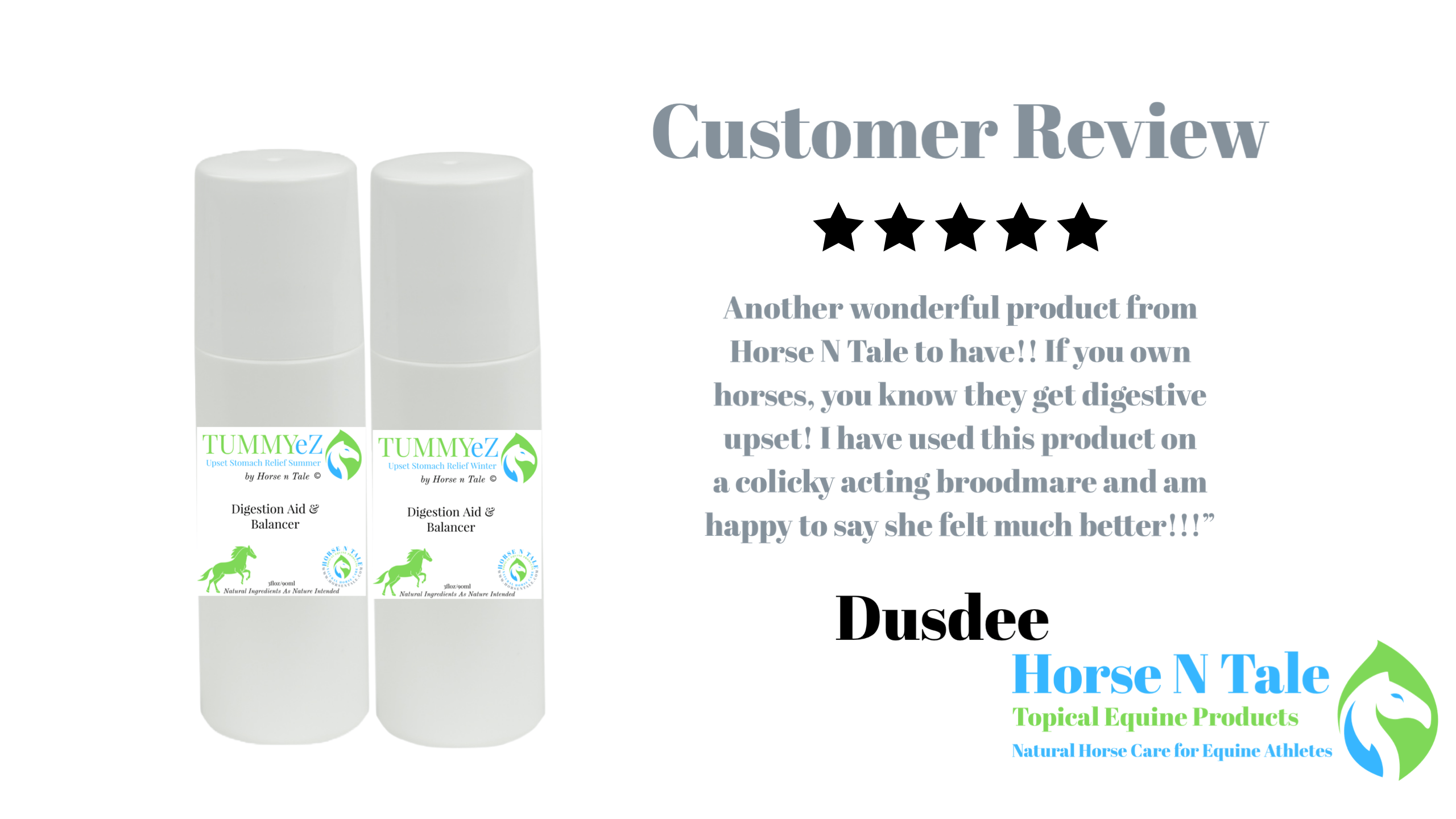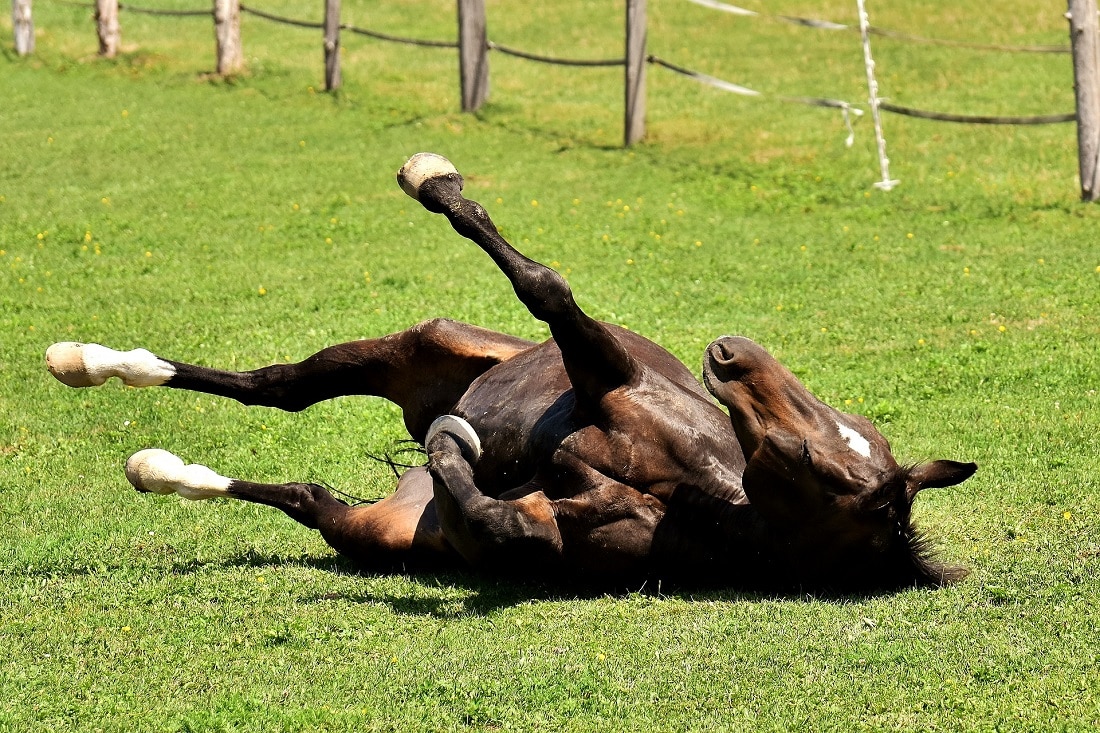Common Horse Digestive Issues Explained

Understanding the digestive health of horses is crucial for their overall well-being and performance. Horses have a complex digestive system that can be prone to several common issues, which if left untreated, may lead to serious health problems. This article explores the most frequent digestive disorders in horses, their causes, symptoms, and preventive measures.
Table of Contents

- Overview of the Equine Digestive System
- Common Digestive Issues in Horses
- Colic
- Gastric Ulcers
- Diarrhea
- Impaction
- Causes and Risk Factors
- Symptoms to Watch For
- Prevention and Management
- Frequently Asked Questions (FAQ)
1. Overview of the Equine Digestive System
Horses are non-ruminant herbivores with a unique digestive tract designed to process fibrous plant material. Their digestive system includes the mouth, esophagus, stomach, small intestine, cecum, large colon, small colon, and rectum. Unlike ruminants, horses ferment fiber primarily in the hindgut (cecum and colon), making them sensitive to dietary changes.
2. Common Digestive Issues in Horses
Colic
Colic is a general term for abdominal pain in horses and can result from various digestive disturbances. It ranges from mild gas buildup to severe intestinal twists requiring emergency surgery.
Gastric Ulcers
Gastric ulcers occur when the stomach lining is eroded by stomach acid, often due to stress, irregular feeding, or high-grain diets.
Diarrhea
Diarrhea in horses can be caused by infections, dietary changes, or parasites, leading to dehydration and nutrient loss.
Impaction
Impaction happens when feed material becomes lodged in the intestines, often due to dehydration or poor-quality roughage.
3. Causes and Risk Factors
- Sudden changes in diet
- High-grain or low-fiber diets
- Stress from travel or competition
- Inadequate water intake
- Parasite infestations
- Poor dental health affecting chewing
4. Symptoms to Watch For
- Restlessness or pawing
- Loss of appetite
- Abdominal distension
- Changes in manure consistency
- Lethargy or depression
- Teeth grinding
5. Prevention and Management
- Maintain a consistent feeding schedule with high-fiber forage
- Provide constant access to clean water
- Regular dental check-ups
- Minimize stress through proper handling
- Deworm regularly and monitor parasite load
- Immediate veterinary consultation if colic signs appear
6. Frequently Asked Questions (FAQ)
Q1: How can I tell if my horse has colic?
A: Signs include rolling, pawing, sweating, and looking at the flank. Immediate veterinary care is essential.
Q2: Are gastric ulcers common in performance horses?
A: Yes, due to stress and feeding practices, performance horses are at higher risk.
Q3: What should I do if my horse has diarrhea?
A: Ensure hydration, check diet, and consult a vet to rule out infections or parasites.
Q4: Can diet prevent impaction?
A: Yes, feeding adequate fiber and ensuring water intake helps prevent impactions.
By understanding these common digestive issues, horse owners can take proactive steps to maintain their horse’s digestive health and overall well-being.
